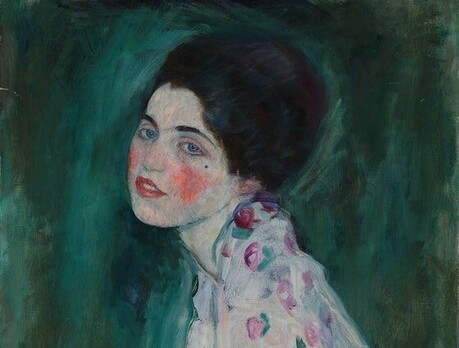A compelling new art installation exploring the profound impact of technological, political, and climate changes on fishing communities has opened at St. Clement's Church in Ipswich as part of the Spill Festival. The audio-visual work, titled "Leviathan," was created by Slovenian artist Mark Požlep following extensive conversations with North Sea fishermen during an ambitious 100-kilometer (62-mile) walk along the Suffolk coastline.
Požlep's artistic journey began with his desire to understand the relationship between humans, technology, and nature through the lens of the fishing industry. "I learned that we don't live in synergy - nature has its own way and people and technology have another," the artist explained. "We try to control nature, but nature is so powerful it constantly feels like two rivals, not as two entities that would work together."
The installation combines striking photographs taken during Požlep's conversations with fishermen and an immersive soundscape that brings their stories to life. Speaking to BBC Radio Suffolk, the artist revealed that he primarily interviewed retired fishermen who shared candid reflections on the dramatic transformations their industry has undergone over the decades.
"They spoke a lot about overfishing, about the EU quotas, about Brexit - which also didn't really happen as they were planning," Požlep noted. "Then they spoke about their connection with the sea and the life that they earned with it." The artist emphasized that his work takes an observational rather than prescriptive approach, stating, "It's not preaching, it's not screaming, it's an observation. And I think that this is why it's necessary."
The festival will also feature a special talk on Saturday where Požlep will appear alongside Dr. Tom Johnson, an associate professor of medieval history at Oriel College, Oxford. Dr. Johnson, who originally hails from Ipswich, is currently working on a micro-history of Walberswick, Suffolk, titled "The Fishermen's Church: Reckoning and Ruin in a Medieval Fishing Village."
Dr. Johnson's research provides fascinating historical context to the region's fishing heritage. "Walberswick is interesting because it actually is the place that probably benefits the most from Dunwich's decline," he explained. "During that same period when Dunwich is falling into the sea, Walberswick is becoming this really thriving village." The village of Dunwich suffered catastrophic damage from a massive storm in the 1200s, which swept away the monastery and significant portions of the settlement.
The historian noted an important gap in how fishing communities are remembered in British cultural memory. "One thing that struck me studying this is how little discussion there is of the identity of these places, which was bound up with the herring industry - a major employer of labor," Dr. Johnson observed. "Other parts of the UK have also undergone huge changes in that time; mining and steel and other heavy industry, and yet I don't feel like [fishing is] really part of the national story in the way that those things are."
"Leviathan" represents just one highlight of the diverse programming at the Spill Festival, which runs from October 23-26 in Ipswich. Robin Deacon, the festival's artistic director, emphasized the event's mission to make art accessible to broader audiences. "Not everyone necessarily goes into theaters or galleries or museums, or even feels comfortable in those spaces, so in a sense [the festival is] bringing that kind of creative process into the everyday, bringing it to people," Deacon explained.
Deacon also addressed misconceptions about Ipswich's cultural landscape, suggesting that the town's artistic offerings are often underestimated. The festival aims to showcase the rich creative potential of the area while honoring its maritime heritage through works like Požlep's installation. By housing "Leviathan" within the historic walls of St. Clement's Church, the festival creates a unique dialogue between past and present, sacred and secular, art and community memory.






























